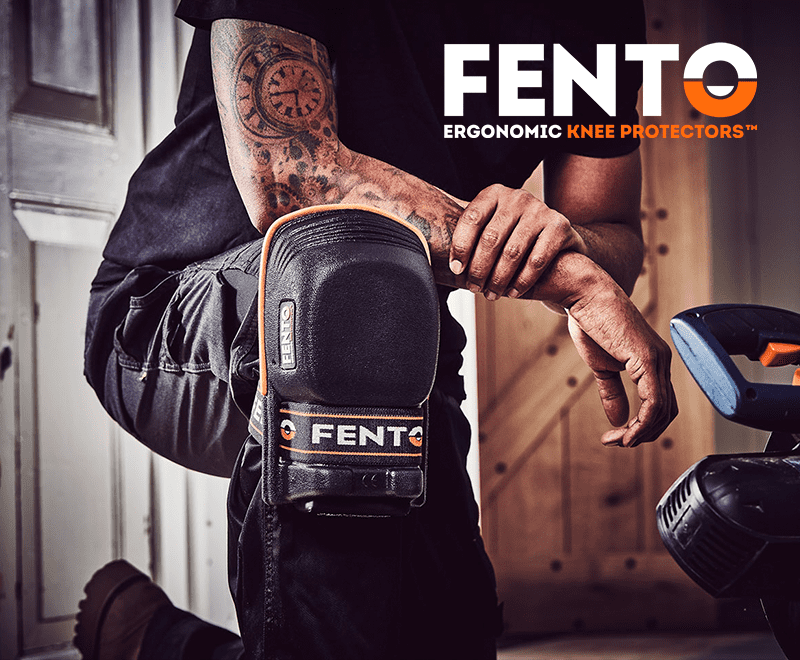Last year, on the 29th of October, the Republic of Turkey celebrated the 100-year anniversary of its independence. Naturally, the country’s ceramics sector was keen to celebrate this centenary milestone, reasserting its position as one of the young nation’s most vital industries, both economically and culturally.
Of course, the tradition of ceramics in the region goes back much further than 1923, with a “history of ceramic production reaching back thousands of years, from the primitive sculpture of prehistoric Anatolia to the ornaments and crockery of the Hitites and the ornate hand-painted tiles of Iznik,” according to industry body Turkish Ceramics.
Today, ceramics – and more specifically tiles – are a key cornerstone of the country’s economy and independence, as stated by the Turkish Ceramics Federation’s (TSF) recently appointed chairman, Ilter Yurtbay. “We are among the world’s leading ceramic manufacturers with our production capacity reaching millions of square meters and exports of nearly four billion dollars to 174 countries.
“We are among the sectors that provide the greatest added value to our country,” he says. “We show ourselves not only with our production power, but also with our original designs; we return with awards from the world’s most important design competitions.”
Yurtbay says that prior to independence, the country’s economy was “foreign-dependent and unable to produce,” however over the past 100 years it has established significant domestic manufacturing capabilities, including a thriving ceramic tile production.
The numbers
Indeed, Turkey’s manufacturing sector has become so successful that it now ranks among the top tile producers and exporters worldwide, although that success has not come without scrutiny. Last year, following an investigation, the EU imposed anti-dumping duties on both Chinese and Turkish tile imports into the territory (although it is worth noting that TTA clarified these measures do not apply to Turkish tile imports into the UK, and naturally they do not apply to other non-EU territories such as the US).
Additionally, while the country has seen significant success in exporting tiles, it’s by no means exempt from the overall global slowdown across markets. In announcing its export figures for 2023, the TSF highlighted a set of compounding factors that all contributed to a considerable drop in the sector’s results: “The stagnation in the markets as a result of the earthquake disaster, the election process, the appreciation of the Turkish lira, tightening policies in the country and monetary tightening on a global scale limited Turkiye’s exports. During this period, a 30.5% decrease was observed in construction ceramics exports in 2023.”
Even despite this slowdown though, the ceramics sector was Turkey’s strongest export market in 2023, as Yurtbay states: “Despite all the negativities experienced both in our country and all over the world, the ceramic industry, which produces with domestic resources and stands out in exports, continues to provide added value to our economy and maintain its leadership in exports.” He specifically highlights the American market as a growth area for Turkish ceramics, a natural response to the EU’s hostile legislation.
New directions
Perhaps partially in response to this increased international scrutiny, the new chairman of the TSF has laid out a refreshed set of goals for the organisation from 2023-2025, during his tenure. One key pillar of these goals is “protecting… members from unfair competition” which mirrors both the rationale of the EU’s anti-dumping legislation as well as statements made by both the Spanish and Italian ceramic sectors over the past year.
The other major goal outlined by Yurtbay in his most recent message to the Turkish ceramics industry was a “green transformation”. Yurtbay states: “For the future of our world, our goal should be to produce in accordance with the United Nations’ Sustainable Development Goals. Not only producing environmentally friendly products, but also not harming the environment while producing, reusing water and other natural resources and obtaining electricity from renewable energy sources are now at the top of the agenda of many ceramic manufacturers.”
Putting on a show
While it may not be quite as established as Europe’s two main ceramics exhibitions, UNICERA, hosted at the Istanbul Expo Centre, is easily comparable in size to both its Spanish and Italian counterparts. And given the centrality of exports to Turkey’s tile market, trade fairs such as this are especially important. Across more than 120,000sqm of floor space, the show hosts around 350 exhibitors, and reportedly welcomed more than 85,000 visitors from 100 countries last year.
In line with this focus on events, the Turkish Ceramics group was formed back in the late 90s. The group says its main goal is to raise awareness of the quality of Turkish ceramics around the world, which it achieves by attending international events such as Cersaie and Coverings. Brands such as EgeSeramik, Anka Seramik, Bien, Vitra and Yurtbay Seramik itself are all represented by Turkish Ceramics at various events around the world. In 2024, for the first time, that schedule of events included Britain’s own kbb Birmingham.
According to the organisation, it took the show as an opportunity to introduce Turkish manufacturers to the UK market, stating: “The Turkish Ceramics team closely followed the latest developments in the sector by visiting the stands of member companies during the fair. In addition, discussions were held with visitors at the Turkish Ceramics stand to take steps towards developing cooperation and commercial relationships. The fair not only strengthened Turkish Ceramics’ presence and visibility in the UK market but also provided an opportunity to closely monitor UK trends, thereby increasing its competitiveness internationally.”
www.turkishceramics.com








